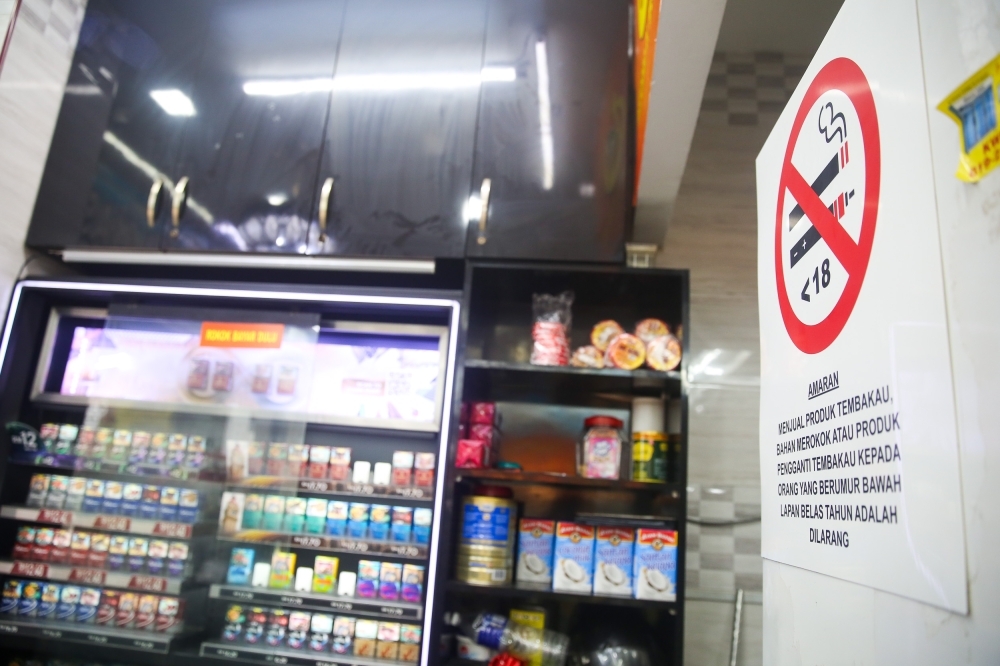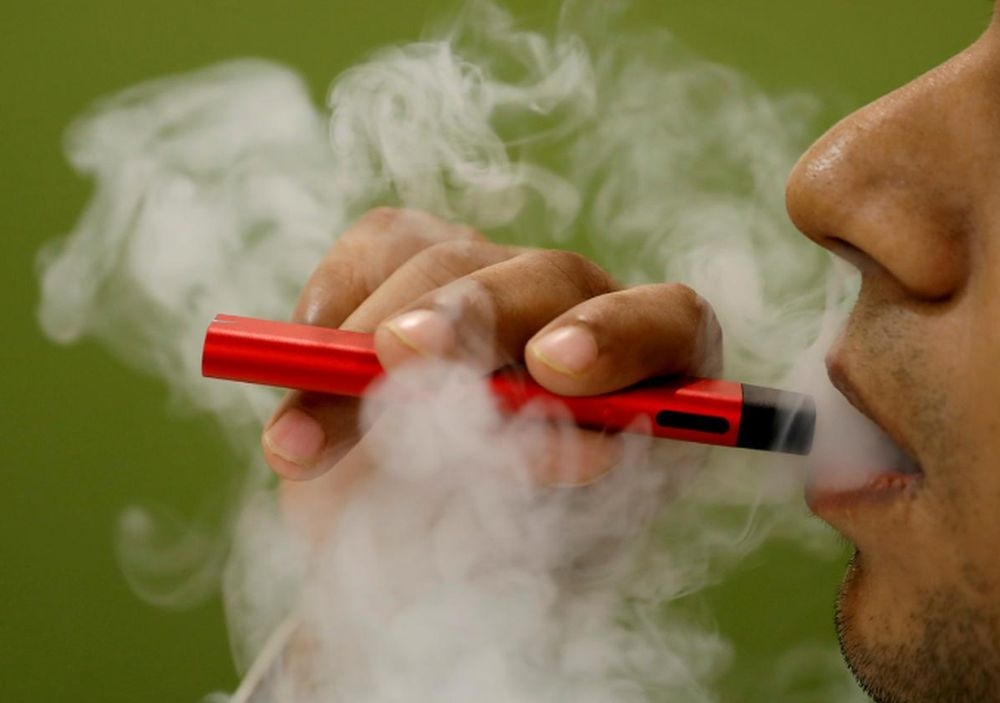KUALA LUMPUR, Aug 2 — The Health Ministry’s announcement that it is considering a total ban on the sale and use of vapes in Malaysia has drawn concern from vape industry players, who warn that such a move could backfire.
Health Minister Datuk Seri Dzulkefly Ahmad said the proposed ban is under review, but industry associations argue that prohibition could harm adult consumers and drive demand underground.
Vape and retail associations contend that adult users rely on vapes as a less harmful alternative to smoking — and that removing legal access would push many toward unsafe, unregulated products.
“The ban won’t eliminate demand. It will simply eliminate safe access,” said Tarmizi Anuwar, country associate at the Consumer Choice Centre.
“Malaysians use vape as a less harmful alternative to smoking. Taking away this option won’t protect them. It will put them at risk,” he added.
Tarmizi argued that instead of supporting smokers in switching to safer options, a ban would likely push them back to cigarettes or into the black market, where product safety, labelling and age restrictions are lacking.
Black market risks
Malaysia Retail Electronic Cigarette Association president Datuk Adzwan Ab Manas warned that banning vape products would dismantle the current regulated retail network and boost illicit trade.
“Retailers who operate within the legal framework are not the cause of the problem.
“Yet, under a ban, it is these legitimate businesses that will be hit the hardest,” he said.
Malaysian Vape Chamber of Commerce secretary-general Ridhwan Rosli echoed those concerns, saying a total ban would only worsen matters by making unregulated products more accessible, especially to minors.
“History has shown that consumers, when denied access to legal vape products, will turn to the black market in search of alternatives, exposing themselves to unregulated and potentially dangerous products,” he said.

A total ban would only worsen matters by making unregulated products more accessible, especially to minors. — Picture by Choo Choy May
Do bans work?
Citing the National Health and Morbidity Survey 2019, Ridhwan noted that despite the prohibition of nicotine-based vape products in Malaysia, 4.9 per cent of the population — or about 1.1 million people — still use unregulated vape products.
He added that in states such as Johor and Kelantan, where vape sales have been banned since 2015, usage remained high, with over 150,000 users in Johor and more than 30,000 in Kelantan.
“Similarly, in Singapore, where a full ban on vape use is in place, findings from a survey conducted by Milieu Insight between Q3 2021 and Q4 2023 revealed that vape usage increased from 3.9 per cent to 5.2 per cent of the population,” Ridhwan said.
Adzwan stressed that enforcement should be the government’s priority.
“The government must prioritise strengthening enforcement mechanisms, including stricter monitoring of online sales, proactive raids on unlicensed outlets, and harsher penalties for those who flout the law.
“Blanket bans will only hurt those who are playing by the rules, while doing nothing to disrupt the illegal market,” he said.
Looking ahead
Ridhwan also highlighted the vape industry’s contribution to the Malaysian economy, which was valued at RM3.48 billion in 2023. The sector supports around 7,500 retail shops, 2,500 speciality outlets, and employs more than 31,500 people.
While he welcomed the government’s move to set up an expert committee to review vaping policies, Ridhwan stressed that the legal industry must have a seat at the table.
“Excluding key stakeholders will only lead to policies that fail to address the root causes of misuse and hinder public health goals,” he said.
Adzwan agreed, saying meaningful engagement with the legal industry is crucial.
“We are on the front lines. We see the trends. We know the gaps in enforcement, and we understand what responsible retailing looks like. Excluding us from the policymaking process will only lead to ineffective outcomes,” he said.
The Control of Smoking Products for Public Health Act 2024, or Act 852, was gazetted on February 2 and came into effect on October 1.
It aims to reduce smoking habits among the public and restrict the sale of smoking products to minors through enforcement and ongoing public education.
The Act followed findings from the 2023 Global Adult Tobacco Survey for Malaysia, which showed a significant rise in e-cigarette or vape use, particularly among adults under 50.
It also highlighted a surge in vaping among minors.






